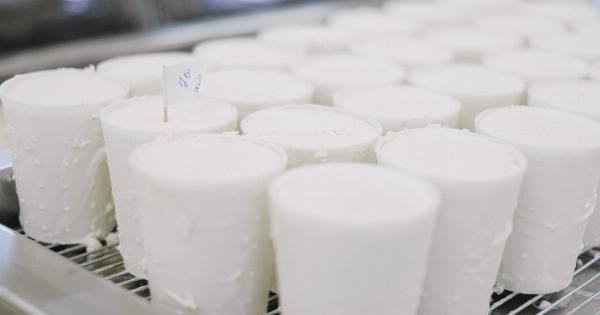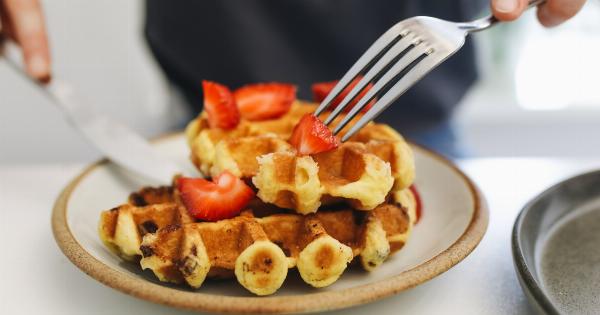For breastfeeding moms, ensuring a sufficient milk supply is often a top concern.
While there is no magical food that can instantly boost milk production, incorporating certain superfoods into your diet can provide essential nutrients and support lactation. These superfoods are packed with vitamins, minerals, and other compounds that can help increase milk supply and promote overall maternal health.
In this article, we will explore 10 such superfoods that breastfeeding moms can include in their diet to enhance milk production.
1. Oats
Oats are famous for their ability to boost milk supply. They contain fiber, iron, and various vitamins and minerals that are great for nursing mothers.
Oats also contain a type of plant compound called saponins, which are believed to stimulate prolactin, the hormone responsible for milk production.
2. Fenugreek
Fenugreek is a powerful herb often used to increase milk production. It contains phytoestrogens that can mimic the effects of estrogen, a hormone involved in lactation.
Fenugreek seeds can be consumed as a spice or taken in supplement form to enhance milk supply.
3. Spinach
Spinach is a nutrient-dense leafy green vegetable that provides various vitamins and minerals, including iron and calcium. It’s also a source of phytoestrogens, which can promote healthy lactation.
Incorporating spinach into soups, salads, or smoothies is an excellent way to boost your milk supply.
4. Salmon
Salmon is an excellent source of omega-3 fatty acids, which are essential for brain development in both infants and breastfeeding moms. These healthy fats can also support milk production.
Aim for at least two servings of oily fish like salmon per week to reap these benefits.
5. Fennel
Fennel is a herb with a licorice-like flavor that has been used for centuries to increase milk production. It contains compounds called anethole and phytoestrogens, which may stimulate milk production and let-down.
Fennel can be consumed as a tea or incorporated into meals for its unique taste and potential lactation benefits.
6. Chickpeas
Chickpeas, also known as garbanzo beans, are highly nutritious legumes filled with protein, fiber, and vitamins. They are also a good source of iron, which is crucial for preventing maternal anemia.
Adding chickpeas to your meals or enjoying homemade hummus can provide extra nutrients and potentially support milk supply.
7. Brewer’s Yeast
Brewer’s yeast is a nutritional supplement often recommended to boost milk production. It’s an excellent source of B vitamins, including B12 and B6, which are important for lactation.
Brewer’s yeast can be added to smoothies, baked goods, or sprinkled onto various dishes to increase your daily intake.
8. Almonds
Almonds are a highly nutritious snack that can benefit breastfeeding moms. They are packed with protein, fiber, healthy fats, and essential vitamins and minerals.
Almonds are also believed to have lactogenic properties, potentially helping with milk production. Include a handful of almonds in your daily diet as a nutritious and satisfying snack.
9. Carrots
Carrots are not only great for your eyesight but also for your milk supply. They are rich in antioxidants, beta-carotene, and potassium. Carrots can be eaten raw, cooked, or juiced for a refreshing boost.
Including carrots in your diet is a great way to enhance lactation while enjoying their natural sweetness.
10. Water
While not technically a superfood, staying hydrated is vital for breastfeeding moms. Drinking enough water throughout the day can help ensure a healthy milk supply.
Aim for approximately 8-10 cups of water daily, and increase your intake if you notice any signs of dehydration.
Conclusion
While these superfoods can provide nutritional benefits and potentially support milk production, it’s essential to remember that breastfeeding is a holistic process influenced by various factors.
It’s always recommended to consult with a lactation consultant or healthcare provider for personalized advice on increasing milk supply. Incorporating these superfoods into a balanced diet alongside a breastfeeding-friendly lifestyle can help optimize lactation and promote overall maternal and infant health.
























